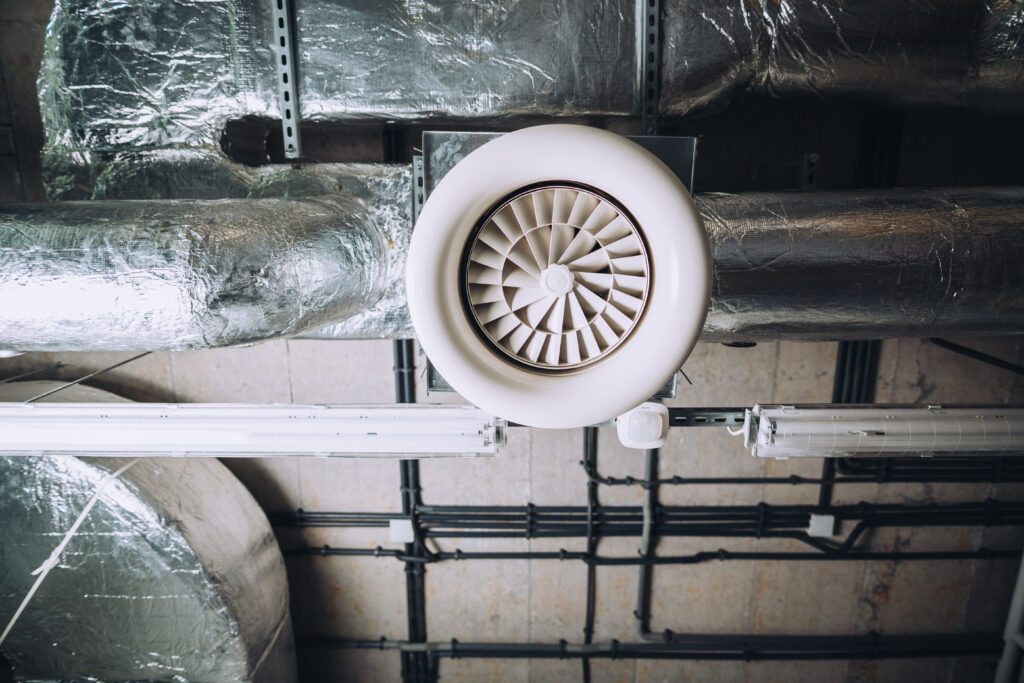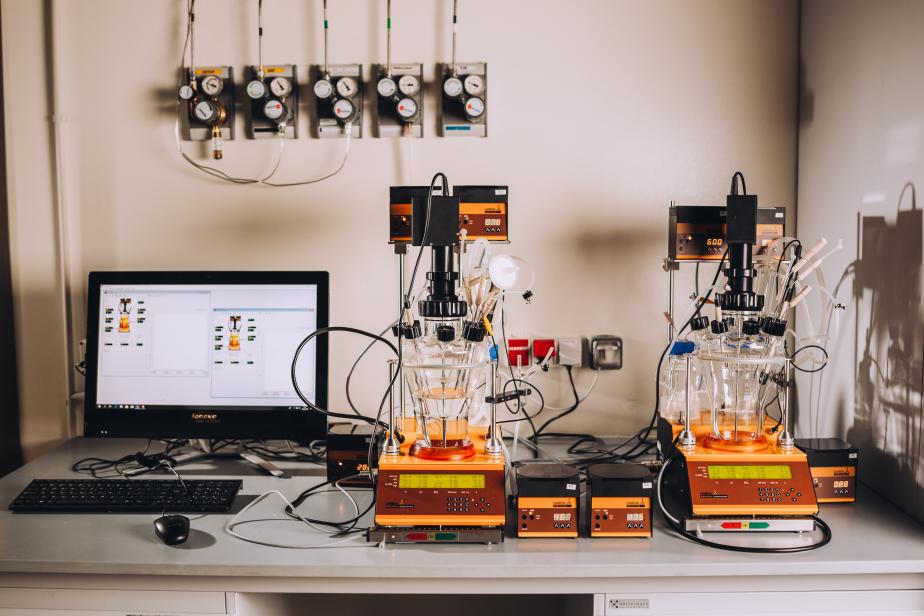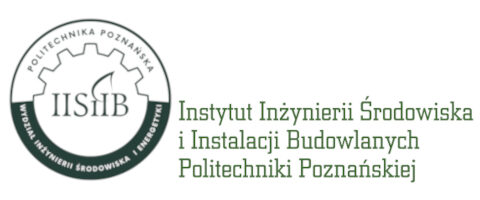
What is Environmental Engineering?
Environmental Engineering is part of the discipline of “environmental engineering, mining and energy”, which in turn falls into the domain of technical and engineering science, and its scope includes engineering initiatives aimed at maintaining balance in the natural environment, and preserving its capacity of self-regeneration and self-purification, and in the event of devastation (e.g. as a result of disasters, excessive economic exploitation, or failures) – undertaking actions to restore this balance.
By using natural resources such as air, water and soil, humans affect the environment. Environmental engineers, acting according to the principles of sustainable development, are seeking to mitigate the negative effects of human activity, while still ensuring a comfort of living for people. This concerns both the small scale, such as our houses or offices, needing ventilation, heating, air-conditioning, sewerage and water, and areas encompassing entire settlements and cities that need water supply, sewage and waste collection and energy supply systems. The topics discussed in classes address real life situations, like ensuring proper summer and winter temperatures in buildings, proper indoor air quality, collection and utilization of rainwater, the problem of combustion pollutant emissions, energy efficiency of buildings, as well as water and wastewater treatment, and waste management.
Environmental Engineering studies human activity towards the environment, including architectural engineering, agriculture and industry. Its scope includes very varied issues, such as neutralization and collection of sewage and waste, drainage, water supply, heating and air-conditioning, air protection, monitoring and protection of the environment (ecological engineering), gas industry, cooling and energy. Environmental engineering must take into account all elements in the life cycle of both humans and their natural environment, and of buildings, machines, devices, means of communication and transport, as all of these affect the comfort of living.
Every person is different and has different needs. Environmental Engineering is a major contributor to addressing these needs. A student in this course is prepared to undertake projects and solve operational problems, so as to find the best way to meet all the aforementioned needs, while adhering to the principles of sustainable development and respect for natural environment.
About the course
A course in Environmental Engineering is ran at the Poznań University of Technology at the Faculty of Environmental Engineering and Energy. The course offers the students the knowledge and skills necessary for living in the modern world according to principles of sustainability and circular economy.
The studies are offered in two cycles (the first cycle for a bachelor’s degree, and the second for the master’s degree), full-time (during the work week) or part-time (on weekends). Master’s degree graduates can pursue further academic career at a part-time PhD school (third cycle studies).
Graduates can also take up postgraduate studies related to Environmental Engineering

We educate our Students in the following topics:
– renewable energy sources and energy-efficiency in construction,
– water supply and treatment, wastewater treatment and collection,
– water management,
– waste management,
– thermal comfort,
– ventilation, air-conditioning and cooling,
– heating and gas industry,
– novel computer methods in construction, including modelling and building information management (BIM),
– and more!
Environmental Engineering graduates choose various professional careers. Many of them go on to obtain an unlimited construction licence specializing in installations and perform responsible functions in the profession of public trust as civil engineers. Environmental Engineering graduates pursue careers as:
– building technical equipment network and installation designers – for heating, cooling, water supply, sewage collection, gas distribution, fire safety, technology, etc.,
– engineers or construction managers for building technical equipment installations,
– investor’s supervision inspectors,
– technical advisors, product managers of HVAC equipment (heating, ventilation and air-conditioning), sanitation equipment and other products, working for the manufacturers,
– laboratory employees,
– BIM modellers, computer simulation specialists for HVAC systems and thermal comfort,
– assessors and analysts in building energy certification processes (BREEAM, LEED, etc.),
– energy auditors,
– technical infrastructure managers for heating, water supply and sewage collection networks, as well as factories, apartment buildings and houses, commercial buildings, etc.
– and more!
Certified quality of education
The course in Environmental Engineering ran by the Poznań University of Technology has been awarded the certificate of Accreditation Commission of Universities of Technology (KAUT) – and the European quality certificate euroEUR-ACE Label (European Accredited Engineer), which certifies the highest quality of education.
EUR-ACE Bachelor (download first-cycle studies certificate)
EUR-ACE Master (download second-cycle studies certificate)
